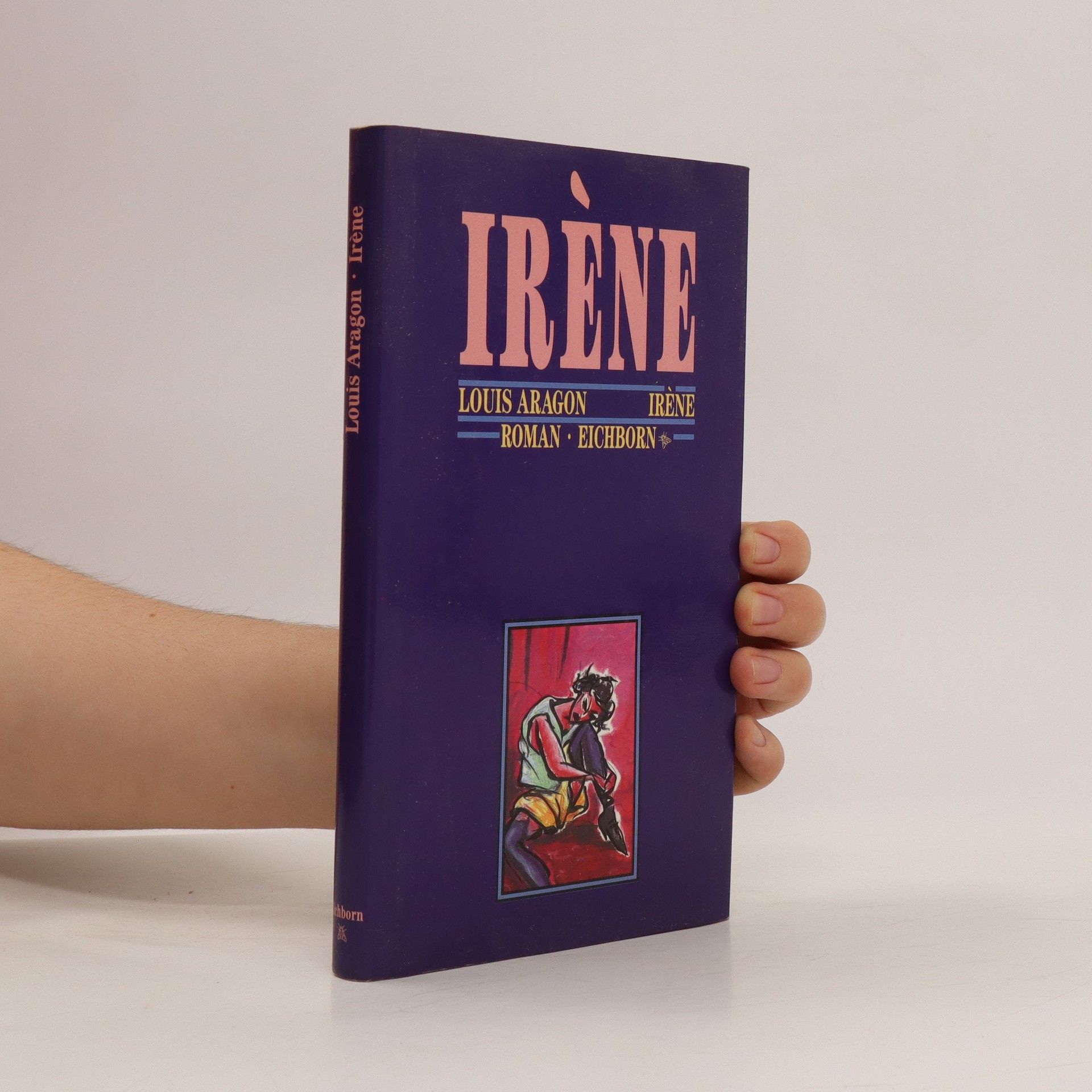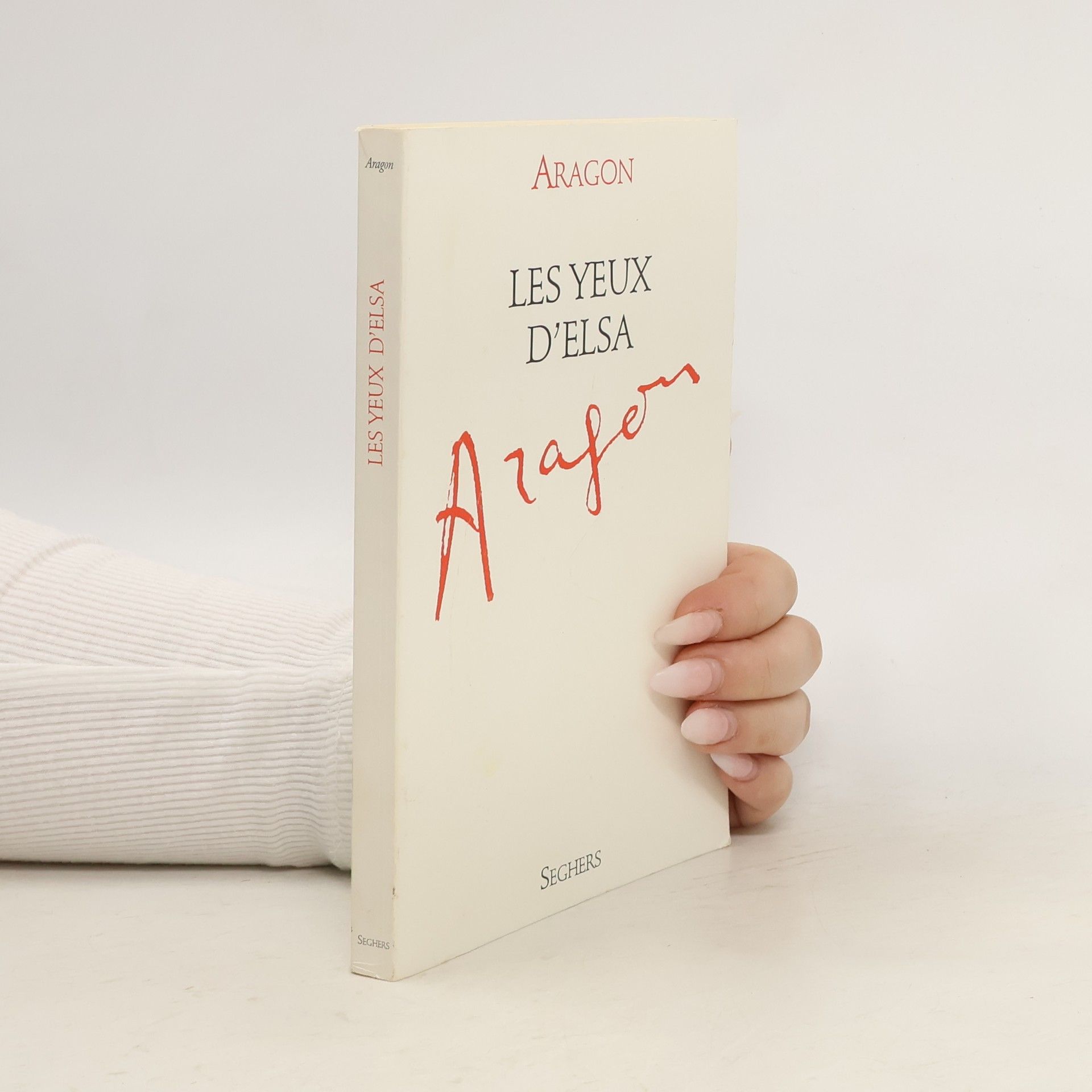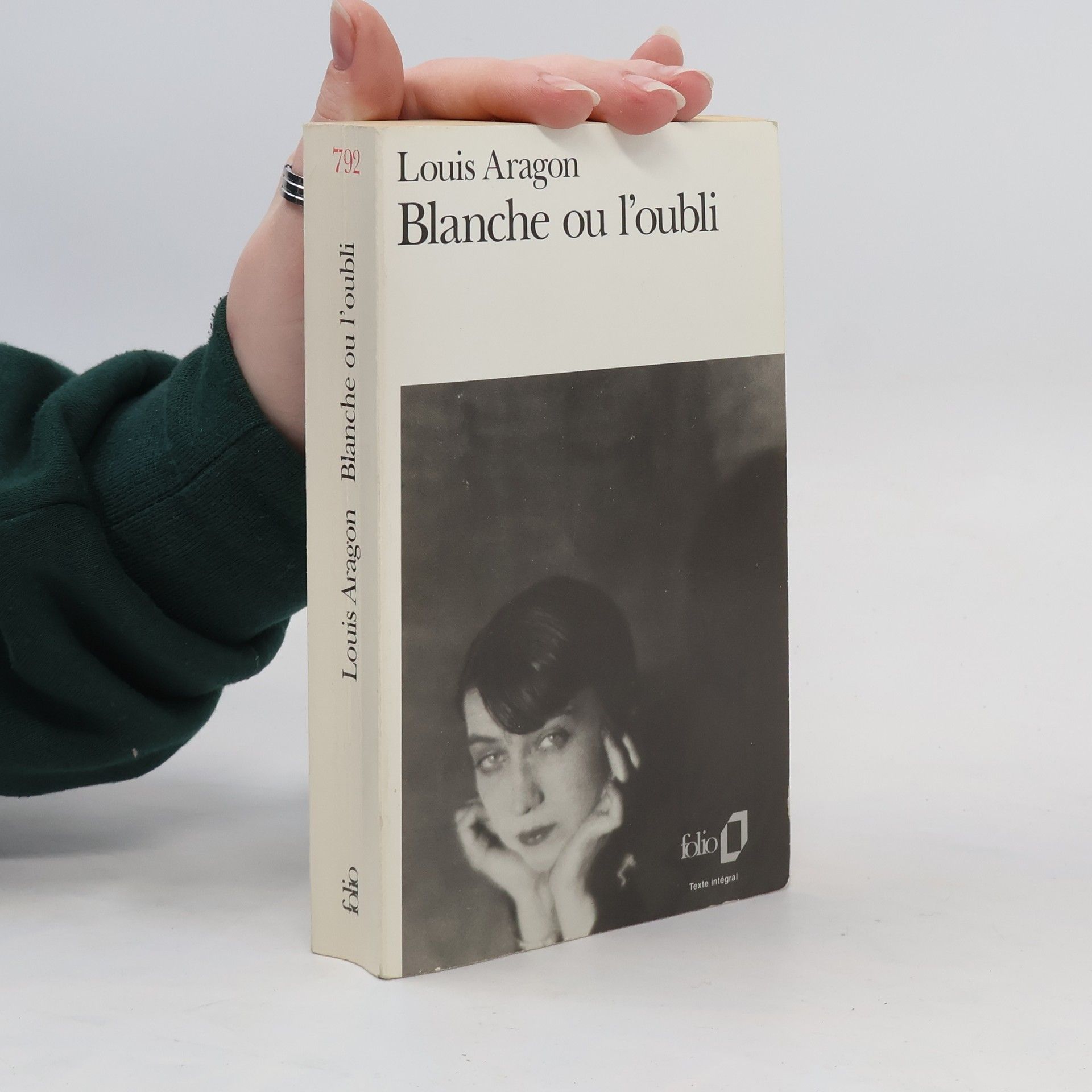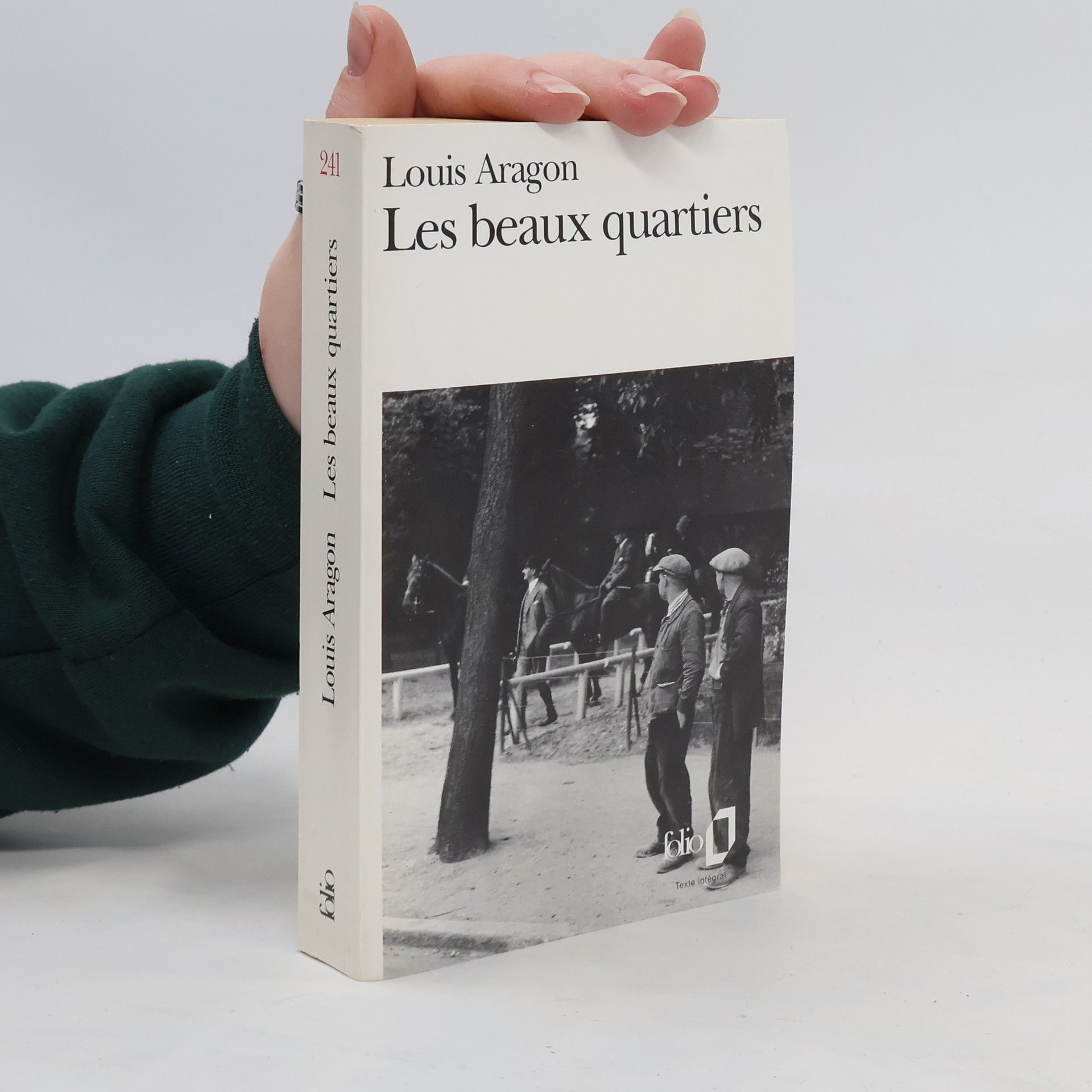Debauched aristocrat Mony Vibesco and a circle of fellow degenerates blaze a trail of uncontrollable lust and depravity across the streets of Europe. A young man reminisces his sexual awakening at the hands of aunt and sister as he is expertly schooled in the finer arts of Venus. Les Onze Mille Verges and Les Memoires D'Un Jeune Don Juan are the two notoriously wild and explicit erotic novellas crafted by Dadaist poet Guillaume Apollinaire at the turn of this century. Apollinaire fine-tuned his uniquely poetic and surreal vision to produce these two masterpieces of literary erotica, works which compare with the best of the Marquis de Sade. Both books are presented here in complete and unexpurgated versions for the very first time in English, in translations by Alexis Lykiard, with full introduction and annotation.
Louis Aragon Books
Louis Aragon was a pivotal figure in Surrealism and an influential writer of the 20th century. His work, spanning poetry, prose, and essays, reflects the principal intellectual currents of his time, with his political activism in communism adding another layer to his writings. Aragon's impact on literary theory, particularly concerning the novel and poetry, was considerable, and his distinctive voice continues to resonate.







Aurélien
- 682 pages
- 24 hours of reading
Seit Aurélien aus dem Ersten Weltkrieg zurückgekehrt ist, treibt er ziellos durch das Paris der frühen zwanziger Jahre mit seinen Dichtern, Malern und Schauspielerinnen, Geschäftsleuten, Nachtschwärmern und Huren. Als er Bérénice kennenlernt, die Frau eines Apothekers aus der Provinz, findet er sie zunächst völlig unattraktiv. Doch dann entsteht zwischen beiden – fast gegen ihren Willen – eine unerklärliche Zuneigung, die zu der großen, schicksalhaften Liebe ihres Lebens wird…
Louis Aragon, geboren 1897, war ein französischer Schriftsteller, Vertreter des sozialistischen Realismus und Mitbegründer des Surrealismus. Er starb 1982 in Paris.
Poète de la lutte et de l'espérance, il a marqué le temps de l'histoire, toujours soucieux des autres. Aragon chante avec ferveur la liberté, l'amour, la fraternité, la merveille de vivre. D'aimer si fort ses lèvres closes Qu'il n'ait besoin de nulle chose Hormis le souvenir des roses A jamais de toi parfumées Heureux celui qui meurt d'aimer Celui qui meurt même à douleur A qui sans toi le monde est leurre Et n'en retient que tes couleurs Il lui suffit qu'il t'ait nommée Heureux celui qui meurt d'aimer.
La mise à mort
- 526 pages
- 19 hours of reading
"Le roman est situé dans cette vie du siècle XX, les deux guerres, le Front populaire et la mort de Gorki, et ces jours d'aujourd'hui : le monde réel, vous avez beau le tourner dans tous les sens, c'est encore le monde réel.Et qu'Antoine parle ou l'auteur, ou c'est Alfred, il faut en croire celui-ci, disant à Fougère : Tout n'est, que j'écris, qu'une lettre, une lettre sans fin vers toi. Une longue, une interminable lettre d'amour..."
Les yeux d'Elsa
- 160 pages
- 6 hours of reading
A la gloire de la femme aimée, Aragon, le dernier poète courtois, à composé de merveilleux poèmes. " Ma place de l'Etoile, à moi, est dans mon cœur, et si vous voulez connaître le nom de l'étoile mes poèmes suffisamment le livrent ". Pétrarque a chanté Laure, Ronsard Hélène,, Lamartine Elvire, c'est à Elsa qu'Aragon donne ses poèmes qui sont au nombre des plus beaux chants d'amour qu'un poète ait écrits.
Blanche ou l'oubli
- 596 pages
- 21 hours of reading
Quand j'ai connu Blanche, elle portait un petit chapeau de feutre, cloche, très enfoncé, d'un feutre extraordinairement tendre, léger, mou, comme si ça lui avait fait quelque chose de coiffer Blanche. Elle aimait s'habiller en noir, elle s'asseyait d'une façon que n'avait personne, se penchait pour m'écouter, la joue sur sa main, le coude sur le genou. Je lui avais dit : " Vous fumez ? ", et elle avait éteint sa cigarette, non, c'était pure nervosité. C'est très drôle, cette petite fille, dès la première fois, dans un lieu avec de hautes lumières, un café tout en longueur, j'avais une idée tracassante, je ne pensais qu'à une chose, et Dieu sait ce que je pouvais dire ! Les mains m'en tremblaient, j'avais envie d'enlever son manteau, d'ouvrir sa robe ... Pourquoi ?
Les beaux quartiers
- 624 pages
- 22 hours of reading



